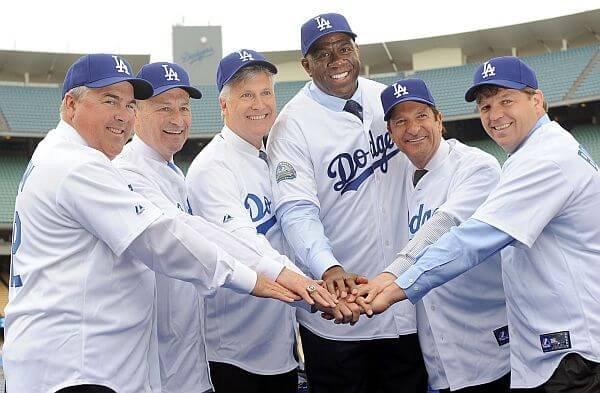The Baltimore Orioles: Navigating Leadership Challenges Amidst Performance Decline
In the intense arena of Major League Baseball, each pitch, swing, and managerial decision can have significant repercussions for both players and coaches. Recently, the Baltimore Orioles’ performance has ignited a wave of dissatisfaction among fans and analysts alike, prompting serious discussions about the effectiveness of their leadership. As mistakes accumulate and chances slip away, many are echoing sentiments like “this is the kind of baseball that leads to managerial changes.” This article explores pivotal moments and choices that have led to unrest within the Orioles organization,highlighting how a season filled with potential could swiftly become a turning point for change—and what this means for both the team’s future and its management.
Team Performance Decline: Impacts on Leadership
The recent downturn in team morale has raised critical questions regarding leadership efficacy within the franchise. Observers have noted a visible disengagement among players, which is evident in their performance on the field.This decline affects various aspects such as accountability, team dynamics, and overall clubhouse culture.A cohesive team thrives on synergy; when this foundation weakens, it can lead to escalating conflicts and eroded trust between players, coaches, and management.
Several key implications arise from declining performance:
- Erosion of Credibility: Leaders who consistently oversee poor outcomes risk losing their team’s confidence.
- Stunted Player Development: When efforts focus solely on salvaging seasons rather than nurturing young talent, growth may be hindered.
- Diminished Fan Engagement: Lackluster performances can result in decreased attendance at games and weakened support from fans.
| Concern | Consequences |
|---|---|
| Mood Within Team | Tension rises; collaboration decreases |
| Lack of Trust in leadership | Plausibility of questioning decisions increases among players |
Recognizing Strategic Errors Leading to Adverse Outcomes
The competitive nature of baseball often hinges on crucial strategic decisions made by managers. A series of miscalculations can create chaos on-field while also impacting team morale—ultimately threatening a manager’s position. Analysis indicates several common tactical errors that frequently contribute to negative trends:
- Advertisement -
- An Overemphasis on Data analytics: While statistics provide valuable insights into player capabilities, an excessive reliance may lead to misjudging matchups or undermining instinctual plays.
- Ignoring Player Wellness: Disregarding signs indicating fatigue or overextending pitching rotations can result in injuries that severely impact overall performance.
- Ineffective in-Game Adjustments: Sticking rigidly with an unsuccessful game plan instead of adapting during play can transform potential victories into crushing defeats.
The relationship between managers and their athletes also plays an essential role; ineffective communication coupled with mistrust may diminish confidence levels leading to reduced productivity during games. The following table outlines some strategic pitfalls along with their likely repercussions:
| Error in Strategy | Possible Result | ||||
|---|---|---|---|---|---|
| Poor Bullpen Management | Increased pressure leading to blown saves | td > | |||
| Narrow Focus Ignoring Opponent Trends | Exposed weaknesses resulting in losses | td > | |||
| Dismissing Player Feedback | Decreased cohesion affecting morale | td >Strategies for Enhancing Team Morale & Competitive EdgeAiming to boost team spirit while ensuring competitiveness requires implementing several strategic initiatives within the organization:
Moreover , cultivating mutual respect alongside camaraderie significantly influences overall output . initiating mentorship programs pairing seasoned veterans with rookies could foster stronger bonds throughout teams . Below is an example table summarizing possible mentorship pairings based upon experience levels :
|
- Advertisement -


